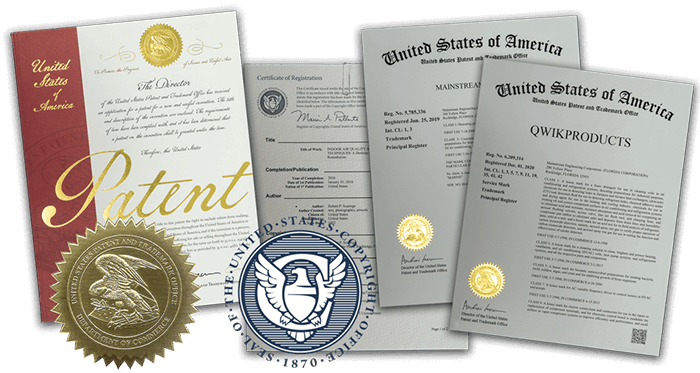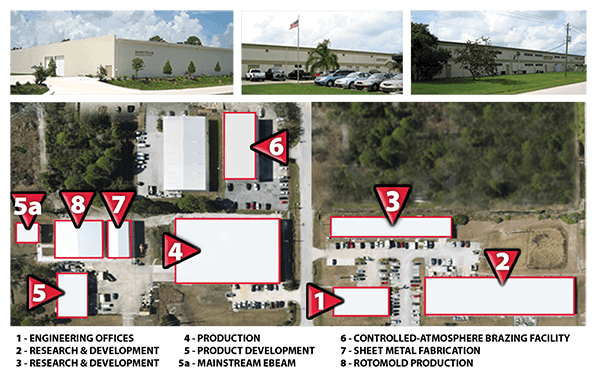Mainstream Engineering Awarded Contract from the U.S. Department of Defense for a Naval 60 Hz to 400 Hz Conversion System
FLORIDA – October 14th, 2013 – Mainstream Engineering Corporation, a 27-year-old Brevard County research and manufacturing company, has been awarded a contract from the U.S. Department of Defense to provide 60 Hz to 400 Hz point-of-load conversion systems.
Naval ships currently operate independent 60 Hz and 400 Hz power systems, resulting in unnecessary redundancy and high ship costs. With a more integrated approach, the ships could use existing 60 Hz equipment, and the 400 Hz equipment could be placed at the load site. However, limitations in current electronic power densities make power conversion components too large to be strategically located.
During this contract, Mainstream will develop an ultra-power dense point-of-load conversion system that will be scalable to various load levels and output types. Mainstream’s solutions will increase the power density of naval power electronics to levels required to be strategically located, lower cost by 30%, and increase reliability by 20% over current solutions. Mainstream’s proposed technology will not only improve the reliability and power density of military power supplies but can also satisfy commercial power supply goals.
About Mainstream Engineering
Mainstream Engineering Corporation is a solutions-oriented research, development, and manufacturing small business founded in 1986. Their mission is to transition advanced thermal control, energy storage, and energy conversion technology into high-quality, cost-effective, environmentally-safe green, commercial products. Products include lightweight diesel/JP8-fueled engines (including generators and hybrid vehicle drive trains), advanced thermal control units, advanced biomass conversion technologies, refrigerators/freezers for shipping containers, and the QwikProduct™ line of heating, ventilation, air conditioning, and refrigeration (HVAC/R) products. Areas of advanced research include thermal control, energy conversion, engine and emissions research, turbomachinery, chemical technology, and materials science.
Naval ships currently operate independent 60 Hz and 400 Hz power systems, resulting in unnecessary redundancy and high ship costs. With a more integrated approach, the ships could use existing 60 Hz equipment, and the 400 Hz equipment could be placed at the load site. However, limitations in current electronic power densities make power conversion components too large to be strategically located.
During this contract, Mainstream will develop an ultra-power dense point-of-load conversion system that will be scalable to various load levels and output types. Mainstream’s solutions will increase the power density of naval power electronics to levels required to be strategically located, lower cost by 30%, and increase reliability by 20% over current solutions. Mainstream’s proposed technology will not only improve the reliability and power density of military power supplies but can also satisfy commercial power supply goals.
About Mainstream Engineering
Mainstream Engineering Corporation is a solutions-oriented research, development, and manufacturing small business founded in 1986. Their mission is to transition advanced thermal control, energy storage, and energy conversion technology into high-quality, cost-effective, environmentally-safe green, commercial products. Products include lightweight diesel/JP8-fueled engines (including generators and hybrid vehicle drive trains), advanced thermal control units, advanced biomass conversion technologies, refrigerators/freezers for shipping containers, and the QwikProduct™ line of heating, ventilation, air conditioning, and refrigeration (HVAC/R) products. Areas of advanced research include thermal control, energy conversion, engine and emissions research, turbomachinery, chemical technology, and materials science.


